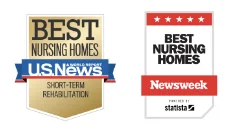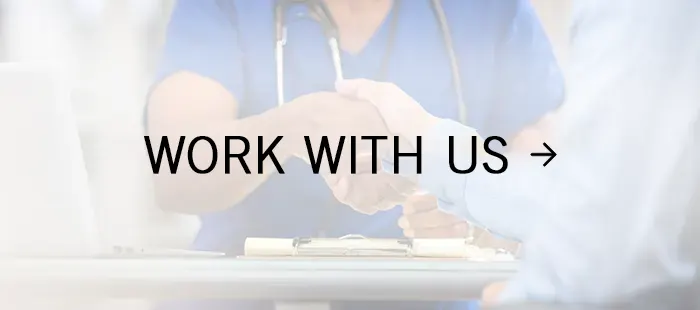Personalized
Health and Recovery Care
Grounded in Purpose. Guided by Principle.

Find the Healthcare
Solution You Need
Visit an Optalis Center Near You
Optalis Pulse
- Spring Cleaning Tips for Your Aging Loved Oneby Optalis Healthcare on March 18, 2024 at 7:15 pm
The post Spring Cleaning Tips for Your Aging Loved One appeared first on Optalis Healthcare.
- Optalis Healthcare completes $20M addition at...by Optalis Healthcare on March 6, 2024 at 7:15 pm
Novi, Michigan February 19, 2023, Optalis Healthcare, a leader in post-acute rehabilitation and long-term care providing care and services in Michigan and central Ohio, has completed a $20M addition at ShorePointe Health and Rehab in St. Clair Shores, Michigan. The new unit, called “The St. Clair […]
- Easy Healthy Holiday Recipesby Macey Abrams on December 1, 2023 at 3:37 pm
‘Tis the season to explore easy healthy options to bring to your family and friends this holiday gathered by our Dietary team at Canal Winchester Health & Rehabilitation Center! PB&J Parfait What you’ll need: 1 cup Fage Plain Yogurt 2 Tbsp Peanut Butter 2 Tbsp Fruit Preserves of choice […]
In The News
- Optalis Healthcare completes $20M addition at...by Optalis Healthcare on March 6, 2024 at 7:15 pm
Novi, Michigan February 19, 2023, Optalis Healthcare, a leader in post-acute rehabilitation and long-term care providing care and services in Michigan and central Ohio, has completed a $20M addition at ShorePointe Health and Rehab in St. Clair Shores, Michigan. The new unit, called “The St. Clair […]
- Optalis Healthcare Acquires Promedica Healthcare...by Optalis Healthcare on December 30, 2022 at 4:05 pm
Novi, Michigan December 30th 2022, Optalis Healthcare, a leader in post-acute rehabilitation and long-term care providing care and services in Michigan and central Ohio, has acquired 9 Promedica locations in Michigan. The move to acquire the centers started 4th quarter-2022 following the […]
- Optalis Healthcare Acquires Vrable Healthcare...by Optalis Healthcare on October 17, 2022 at 4:09 pm
Columbus, OH, October 17, 2022, Optalis Healthcare, a leader in senior healthcare providing care in Michigan and central Ohio, has acquired Vrable Healthcare, a family-owned top-quality care provider in Ohio. The official announcement was made in October 2022 in Ohio. The move to acquire Vrable […]











